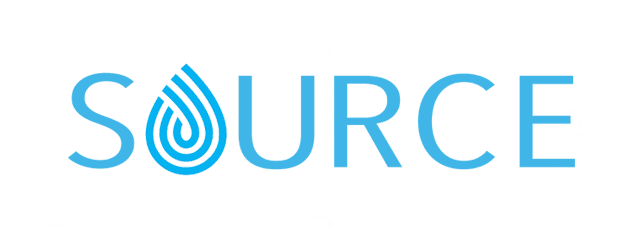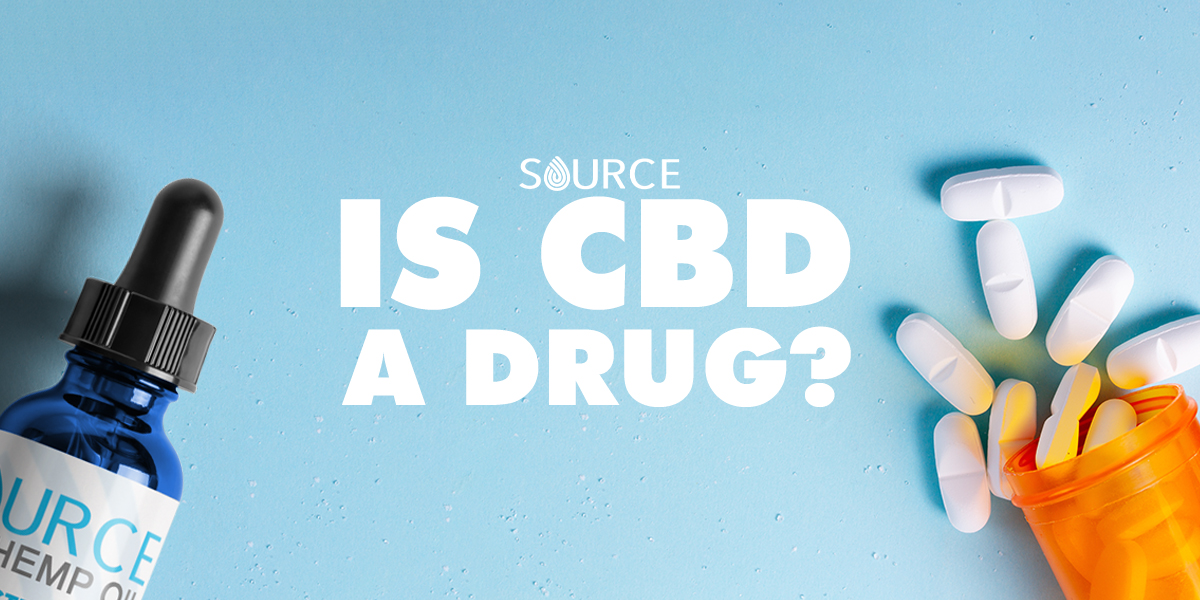CBD Oil News
Is CBD a Drug?
Is CBD a drug? You might know that it’s a natural substance that comes from the cannabis plant. That it is non-psychoactive, and that it won’t make you feel high.
Or maybe you know that it’s beneficial for animals and humans, and that numbers studies have shown how valuable it is as a natural remedy for all sorts of health and wellness issues.
But is it a drug? And what is a drug, exactly? And does it matter who you’re asking?
What is a “Drug”?
In general, the definition of a drug is as follows:
“Any substance (with the exception of food and water) which, when taken into the body, alters the body’s function either physically and/or psychologically.”
That’s pretty clear. Any substance, natural or chemical, that alters your body’s function, is considered a drug. That could include pharmaceuticals like aspirin or penicillin, or a natural substance like cannabis.
In fact, many chemical drugs actually start off as natural substances, so it makes sense that the above definition covers both.
So is CBD a drug? Does it matter who is asking, and who is answering?
Is CBD a Drug?
According to the above definitions, CBD would most definitly be considered a drug. It affects the body by working with the Endocannabinoid System to bring about balance in the body. And that’s a really good thing!
Because there are ES receptors in the brain, the digestive system, the nervous system, the major organs, even the skin, CBD can improve the functioning of many different areas of the body when it’s out of whack.
Yes, definitely a drug, right?
Well… here’s where it gets tricky.
The FDA’s Stance
According to the American Food and Drug Administration, a drug is defined a substance:
- recognized by an official pharmacopoeia or formulary.
- intended for use in the diagnosis, cure, mitigation, treatment, or prevention of disease.
- (other than food) intended to affect the structure or any function of the body.
You’ll notice that part of this definition is the same as the one above – the part where it talks about affecting the function of the body. But other parts are very, very different. Specifically where it mentions “recognized by an official pharmacopoeia or formulary.”
According to the FDA, aside from the one CBD-based pharmaceutical Epidolex, “No. There are no other FDA-approved drug products that contain CBD.”
Epidolex is a drug use to treat seizures associated with Lennox-Gastaut syndrome, Dravet syndrome, or tuberous sclerosis complex. It’s the only CBD drug approved by the FDA.
So, if you ask the FDA, they’ll tell you that no, CBD is not a drug.
Ok, so what’s the answer?
So, is CBD a Drug or Not?
Often, when we think of drugs, we think of ones chemically composed to treat an illness or disease, manufactured in a lab, backed by scientific research. We typically think of CBD as a natural substance – so not a chemical. But backed by research? You’d better believe we’ve got that in spades.
If you adhere to the accepted definitions of a drug, separate from the FDA, the common denominator is any substance, chemical or natural, that brings about some sort of change in the body.
So, if we go by that definition, CBD is considered a drug. And if that means it is recognized for its impact on overall health and wellness, that’s ok with us!

